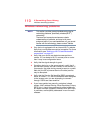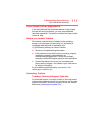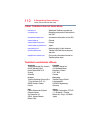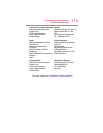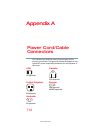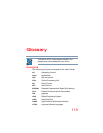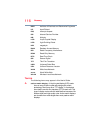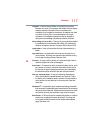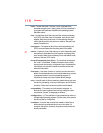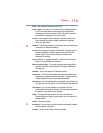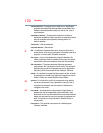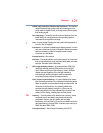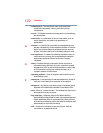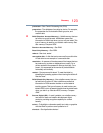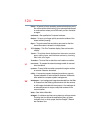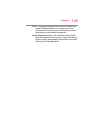
118
Glossary
boot—To start the tablet. The term “boot” originates from
bootstrap program (as in “pulling itself up by its bootstraps”),
a program that loads and initializes the operating system.
See also
reboot.
bus—An electrical circuit that connects the central processing
unit (CPU) with other parts of the tablet, such as the video
adapter, disk drives, and ports. It is the pathway through
which data flows from one device to another. See also
bus
speed
,
frontside bus
.
bus speed—The speed at which the central processing unit
(CPU) communicates with the other parts of the tablet.
C
cache—A section of very fast memory in which frequently used
information is duplicated for quick access. Accessing data
from cache is faster than accessing it from the tablet’s main
memory. See also
CPU cache.
Central Processing Unit (CPU)—The chip that functions as
the “brain” of the tablet. It takes information from outside
sources, such as memory or keyboard input, processes the
information, and sends the results to another device that
uses the information.
character—Any letter, number, or symbol you can use on the
tablet. Some characters are non-printing characters, such as
a paragraph break in a word-processing program. A
character occupies one byte of tablet device storage.
chip—A small piece of silicon containing tablet device logic and
circuits for processing, memory, input/output, and/or control
functions. Chips are mounted on printed circuit boards.
compatibility—The extent to which tablets, programs, or
devices can work together harmoniously, using the same
commands, formats, or language as another.
configuration—(1) The collection of components that make up
a single tablet operating system. (2) How parts of the system
are set up (that is, configured).
controller—A device that controls the transfer of data from a
tablet device to a peripheral device and vice versa. For
example, disk drives, monitors, keyboards, and printers all
require controllers.



